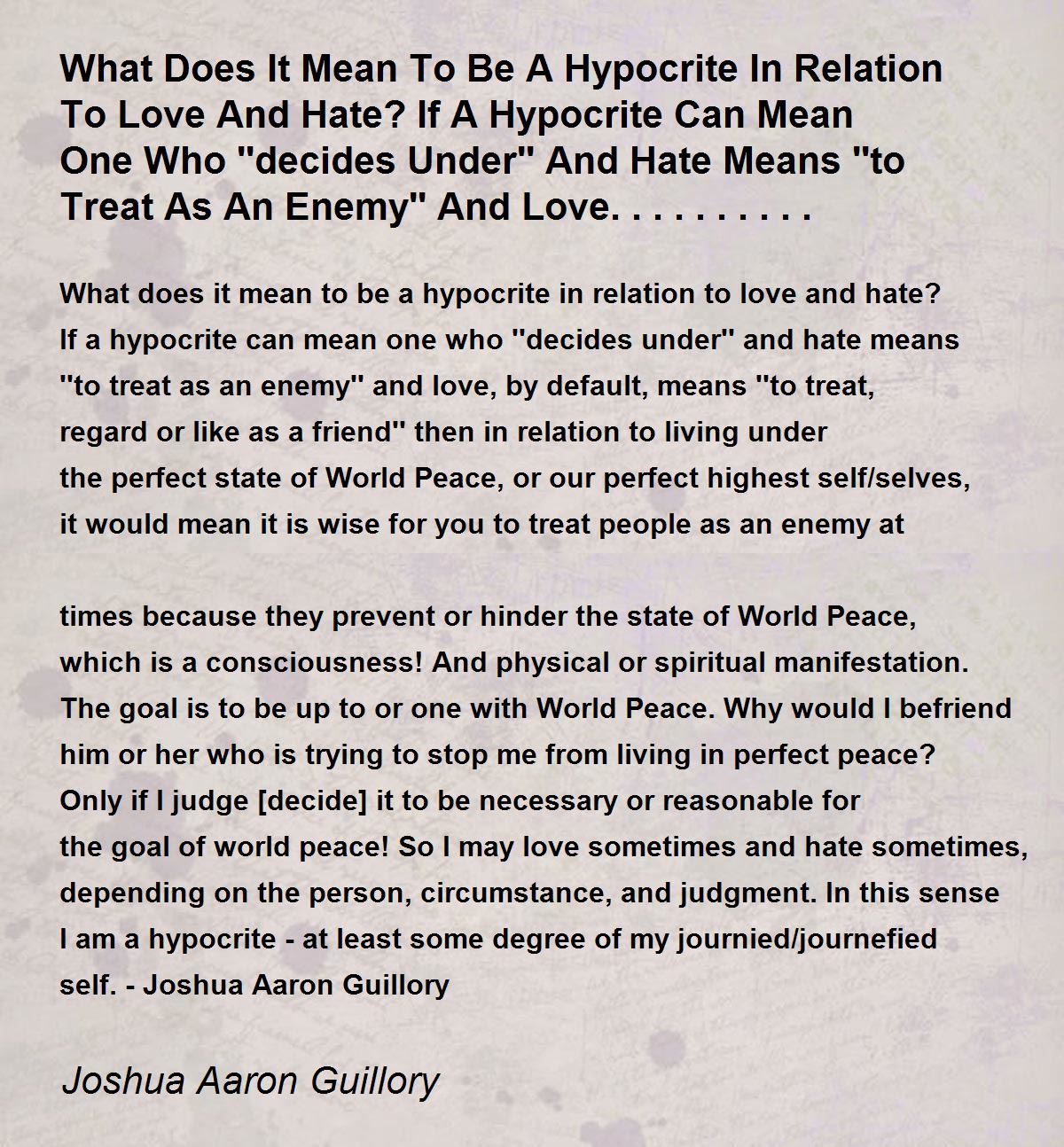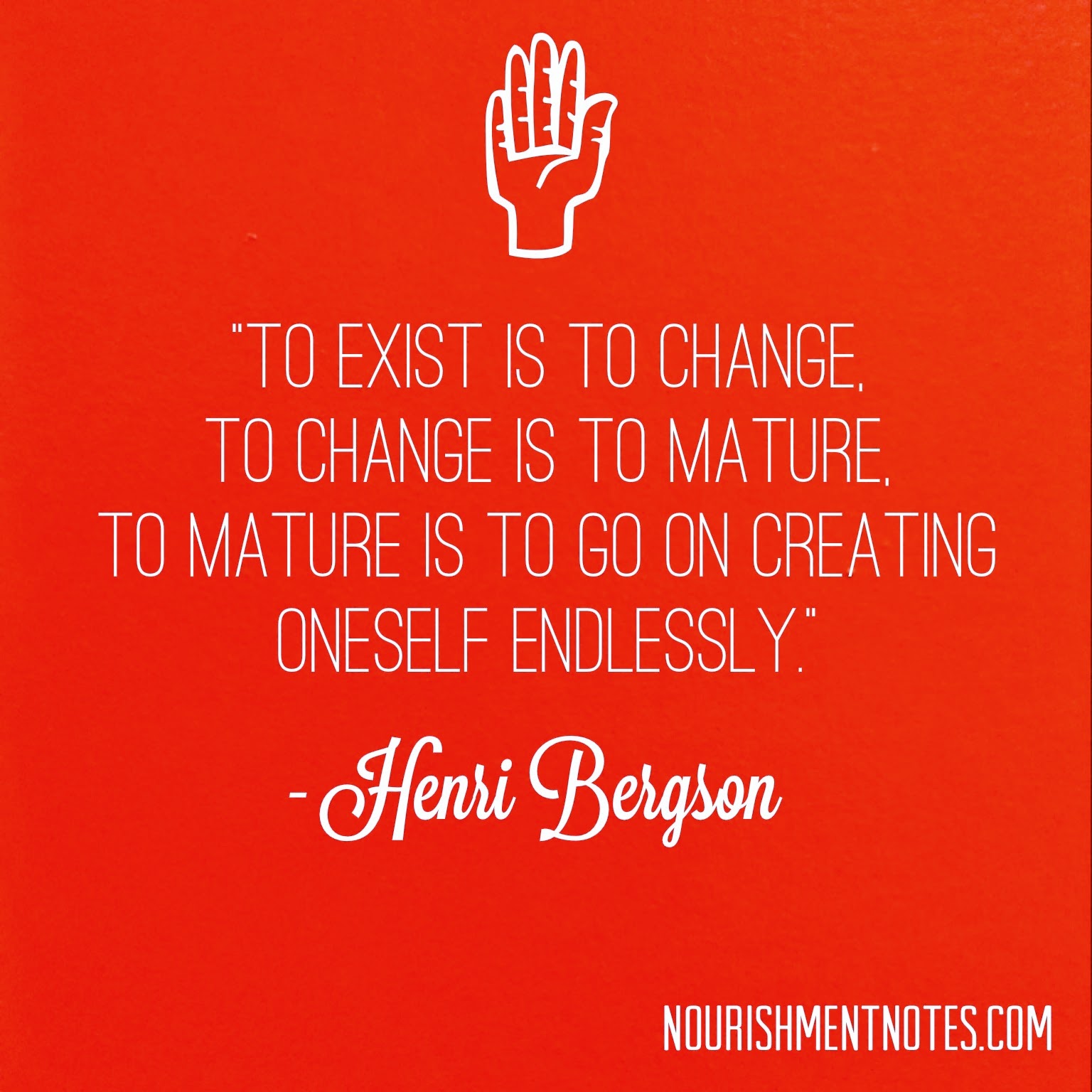What Does Hypocrite Mean? Unmasking False Appearances
Have you ever felt a disconnect between what someone says and what they actually do? It is a common feeling, and quite honestly, it can be very confusing. Perhaps you have heard the word "hypocrite" used to describe such a person. This word carries a lot of weight in our everyday conversations and ethical considerations. Understanding exactly what does hypocrite mean can help us better grasp human behavior and communication, both in our personal circles and in wider society. So, too it's almost time to really get into what this term truly implies for all of us.
Today, more than ever, people are looking for genuine connections and honesty. There is a strong desire for actions to match stated beliefs. When they do not, it creates a sense of distrust and disappointment. This feeling, you know, of being let down by someone's words versus their deeds, is at the core of what we are exploring. People want to know if someone is truly living by their own standards, or if there is a bit of a show happening.
We see examples of this idea all around us, in public life and in our personal connections. Learning about the true sense of this word can give us a clearer view of people's actions. It can help us sort through situations where words and deeds do not quite line up. This discussion aims to shed light on this powerful concept, giving you a better handle on its meaning and how it shows up in life, basically.
Table of Contents
- Understanding the Core Meaning
- The Ancient Roots of the Word
- Hypocrisy in Everyday Life
- Why Understanding Hypocrisy Matters
- Common Questions About Hypocrisy
- Recognizing and Addressing Hypocrisy
Understanding the Core Meaning
The meaning of hypocrite is a person who puts on a false appearance of virtue or religion. This is, you know, a very direct way to think about it. It describes someone who acts a certain way, perhaps morally upright or deeply spiritual, but it is not their true self. Their public presentation does not match their private reality, quite often.
A hypocrite, in simpler terms, is a person who pretends to have good qualities, moral or religious beliefs, or principles that they do not actually possess. This is especially true for someone whose actions go against their stated beliefs. So, for instance, if someone preaches honesty but then acts dishonestly, they might be considered a hypocrite, in a way.
The Oxford Advanced Learner's Dictionary defines a hypocrite as a person whose behavior does not meet the moral standards or match the opinions that they claim to have. This definition really gets to the heart of the matter. It is about a mismatch, a disagreement between what is said and what is done. It is not just about having different opinions, but about claiming one set of standards and living by another, more or less.
A hypocrite pretends to uphold moral or ethical standards but fails to practice them in their own life. This usage is common in ethical debates and personal relationships, as a matter of fact. It is why the word comes up so often when people feel let down by someone they thought was sincere. This behavior can cause real problems in how people trust each other, naturally.
The Ancient Roots of the Word
The word hypocrite is rooted in the Greek word 'hypokrites.' This ancient term means "stage actor, pretender, dissembler." So think of a hypocrite as a person who pretends to be a certain way, but really, they are just playing a part. It is like an actor wearing a mask on a stage, not showing their true face. This origin gives us a powerful visual for the concept, typically.
'Hypocrite,' deriving from the Greek word 'hypokrites,' originally referred to someone wearing a figurative mask. This mask allowed them to portray a character that was not their genuine self. The idea was that they were performing a role for an audience, rather than being authentic. This historical context helps us understand why the word has such strong connotations today, you know.
Its modern meaning as someone acting contrary to their beliefs emerged over time. The word 'hypocrisy' entered the English language around 1200. At that time, it meant the sin of pretending to virtue or goodness. This evolution shows how the concept of false appearance has been recognized and discussed for centuries. It is, in fact, a very old idea, still relevant.
Today, hypocrisy often refers to advocating behaviors for others that one does not follow oneself. This is a very common way the word is used. For example, a person might tell others to be patient, but then they themselves act very impatiently. This kind of mismatch is what people often point to when they use the word 'hypocrite,' basically.
Hypocrisy in Everyday Life
If you accuse someone of being a hypocrite, you mean that they pretend to have qualities, beliefs, or feelings that they do not really have. This accusation is quite serious because it suggests a deliberate deception. It is not just about making a mistake; it is about putting on a show for others. This can make relationships quite difficult, honestly.
Actions Versus Stated Beliefs
A person who claims or pretends to have certain beliefs about what is right but who behaves in a way that disagrees with those beliefs is acting as a hypocrite. This is a very clear definition of the behavior. It highlights the direct conflict between what someone says they believe and how they actually live their life. It is like saying one thing and doing another, pretty much.
Consider someone who frequently speaks about the importance of environmental protection. They might give speeches and post about reducing waste. Yet, perhaps they regularly leave lights on in empty rooms or throw recyclable items into the regular trash. This inconsistency between their words and actions points to hypocrisy, sometimes.
Another example might be a person who preaches about the value of honesty and integrity in business. They might tell their employees to always be truthful with clients. But then, they themselves might inflate prices or make misleading claims to secure a deal. This behavior, you know, shows a clear lack of alignment with their stated values.
This kind of disconnect can be quite frustrating for others. It can lead to a loss of trust and respect. When people see this kind of behavior, they might feel that the person is not being genuine. This is a common reaction to perceived hypocrisy, in a way.
The Pretence of Virtue
The meaning of hypocrite also includes the idea of putting on a false appearance of virtue or religion. This is not just about beliefs, but about appearing to be a morally good or devout person when one is not. It is a performance designed to make others think highly of them. This can be very subtle, too it's almost hard to spot at times.
For example, someone might publicly donate large sums to charity and make a big show of their generosity. However, in private, they might treat their employees poorly or refuse to help a family member in need. Their public display of kindness is a facade, not a true reflection of their character, arguably.
Similarly, a person might attend religious services regularly and speak often about their faith. Yet, they might secretly engage in activities that go directly against the teachings of their religion. This kind of pretense is a classic example of hypocrisy, basically.
To judge the real character as bad by an impossible standard of perfection, however, is to impose criminal liability without fault (and to turn every judge into a hypocrite). This points out that judging everyone by an unattainable standard can lead to calling everyone a hypocrite. It is a reminder that while we look for genuine behavior, nobody is perfect, you know. There is a line between genuine hypocrisy and simply being human and flawed.
Why Understanding Hypocrisy Matters
Understanding what does hypocrite mean is important for several reasons. First, it helps us identify insincere behavior in others. This can protect us from people who might try to manipulate or mislead us by presenting a false image. It helps us discern who is truly trustworthy, pretty much.
Second, it encourages us to reflect on our own actions and words. Are we living in alignment with our stated beliefs? Are we asking others to do things we are unwilling to do ourselves? This self-reflection can lead to personal growth and more authentic living. It is a chance to be more consistent, naturally.
Third, understanding hypocrisy contributes to healthier relationships. When people are genuine, trust can grow. When there is a mismatch between words and deeds, trust breaks down. Recognizing this dynamic helps us build stronger, more honest connections with others, in a way.
Finally, it helps us engage in ethical discussions with more clarity. When we talk about moral standards, it is important to be precise about what we mean by hypocrisy. This precision allows for more productive conversations about what it means to live a good life. It makes our conversations about right and wrong much clearer, so.
Common Questions About Hypocrisy
What is the difference between a hypocrite and someone who makes a mistake?
A hypocrite intentionally pretends to have beliefs or virtues they do not possess, often to gain something or appear good. Someone who makes a mistake might genuinely believe something but then fail to live up to it, without the intent to deceive. The key difference is the deliberate false appearance, honestly.
Can a person be a hypocrite without knowing it?
While the core meaning implies a conscious pretense, a person might have unconscious biases or blind spots that lead to inconsistent behavior. However, the strong sense of 'hypocrite' usually suggests an awareness of the mismatch. It is more about a deliberate act, you know, than an accidental one.
How can I deal with someone I believe is a hypocrite?
When dealing with someone you see as a hypocrite, it is often best to focus on their actions rather than their words. You might choose to set boundaries or limit your interactions if their behavior causes you distress. Sometimes, pointing out the inconsistency directly can be helpful, but it is not always effective. It really depends on the relationship, basically.
Recognizing and Addressing Hypocrisy
Recognizing hypocrisy involves paying close attention to consistency. Do a person's words align with their actions over time? Are their public statements consistent with their private behavior? This observation can help you spot the signs of someone putting on a false front, very often.
It is also helpful to consider the motivations behind the behavior. Is someone trying to appear better than they are for personal gain or social approval? This intention to deceive is a key part of what defines a hypocrite. It is not just about inconsistency, but about the reason for it, so.
When it comes to addressing hypocrisy, especially in personal relationships, open and honest communication can be a path forward. You might express how their inconsistent actions affect you. Sometimes, simply bringing the discrepancy to their attention can prompt self-reflection, in some respects.
However, it is also important to protect yourself from the negative impact of hypocrisy. If someone's insincere behavior is consistently harmful, you might need to adjust your expectations or distance yourself. Your well-being is important, too it's almost a priority, anyway.
Understanding what does hypocrite mean gives us a tool for better understanding human behavior and our interactions. It helps us look beyond surface appearances to see if actions truly match words. This insight can help us build more honest relationships and contribute to a more truthful world. You can learn more about integrity on our site, and link to this page understanding authenticity. For more information on ethical principles, consider exploring resources like the Stanford Encyclopedia of Philosophy, which offers deep insights into moral concepts. This kind of exploration helps us all, quite a bit, in fact, especially in today's world, this December 12, 2023.

What Does It Mean To Be A Hypocrite In Relation To Love And Hate? If A

Hypocrite People Quotes. QuotesGram

Hypocrite People Quotes. QuotesGram